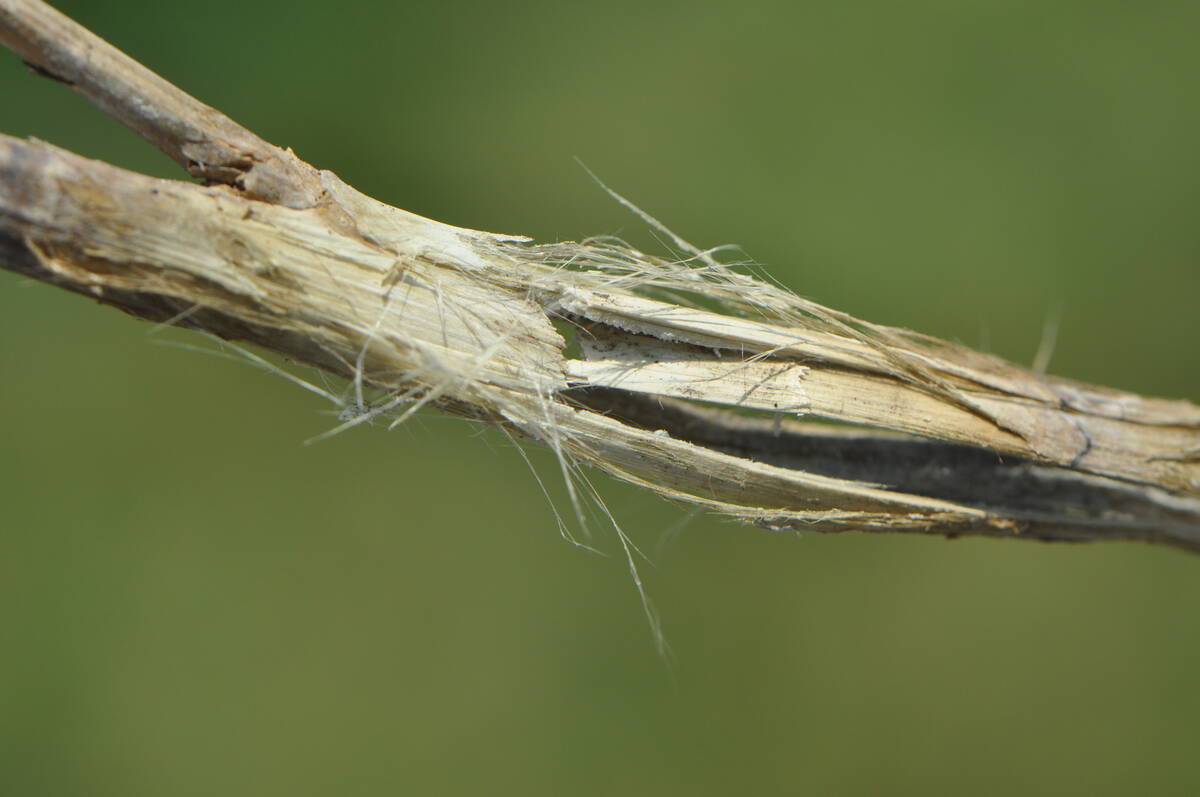Chuck Fossay knew Richardson International was threatening to leave the Canola Council of Canada, but he never expected it to happen.
“I was actually surprised it pulled the plug,” the president of the Manitoba Canola Growers Association said in an interview Jan. 18. “We knew that Richardson had concerns. We’ve known that probably for five to six months — maybe a bit longer. But then the concerns started to get serious.”
- Read more: Was Viterra planning to leave the canola council too?
Read Also

Manitoba sclerotinia picture mixed for 2025
Variations in weather and crop development in this year’s Manitoba canola fields make blanket sclerotinia outlooks hard to pin down
One of the sticking points was Richardson’s call to merge canola, flax and soybean into a single council.
“It’s probably something that would need to be looked at in a lot more detail,” Fossay said. “There are issues beyond ‘we’re going to save money.’ To some degree it’s a little bit like the five commodity groups that want to merge. Some people say it sounds really good, but what is going to happen in three, four or five years?”
Canola and soybeans compete for similar oil and meal markets and there could often be conflict, he said.
Is the council a victim of its own success boosting canola production and exports? There might be something to that, Fossay said. Acreage and production has risen rapidly and so too has the council’s revenues. It might be time to reassess priorities, he said.
But the council already does that, council present Jim Everson said.
The canola council has done a lot right, Fossay added.
“It dealt with the dockage issue in China a few years ago,” he said, referring to China’s push to reduce canola dockage to one per cent. “Who would’ve been there fighting to retain the two per cent dockage standard if the canola council wasn’t around? Who would have paid for it if the companies had agreed to reduce their dockage to one per cent?”
Farmers would’ve paid, he said.
The council, with the backing of the provincial canola growers’ association and the other members will survive, Fossay said.
“It may not look the same. It may have some different priorities, but I think it’s still going to be around for several more years to help farmers in both producing the canola and marketing the canola.”
The flax council supports a single oilseed council, president Brian Johnson said in an interview Jan. 17.
Soy Canada and the canola council don’t, Soy Canada executive director Ron Davidson said in a Jan. 18 interview.
“My perception is all the organizations had a similar position,” he said. “Yes, we will continue to work together where that makes sense, but all of them didn’t think that one amalgamated organization would be the best outcome.”
Soy Canada, with just four staff and a $25,000 cap on company memberships, is already efficient, he said.
It also sees a lot of future growth. Canadian soybean production has doubled in the last 10 years and Davidson expects it to double again in the next 10 years.
Richardson has not renewed its flax council membership and says it will not renew its Soy Canada membership when it expires March 31.
Sources say Viterra is doing the same. Viterra had not commented.
Since membership fees are capped there’s less negative impact when a member leaves Soy Canada, he said.
“This is not something that’s desirable or easy,” he added. “Frankly we want to go back and explore this a bit more. We will look at other options and what their concerns are.”




















